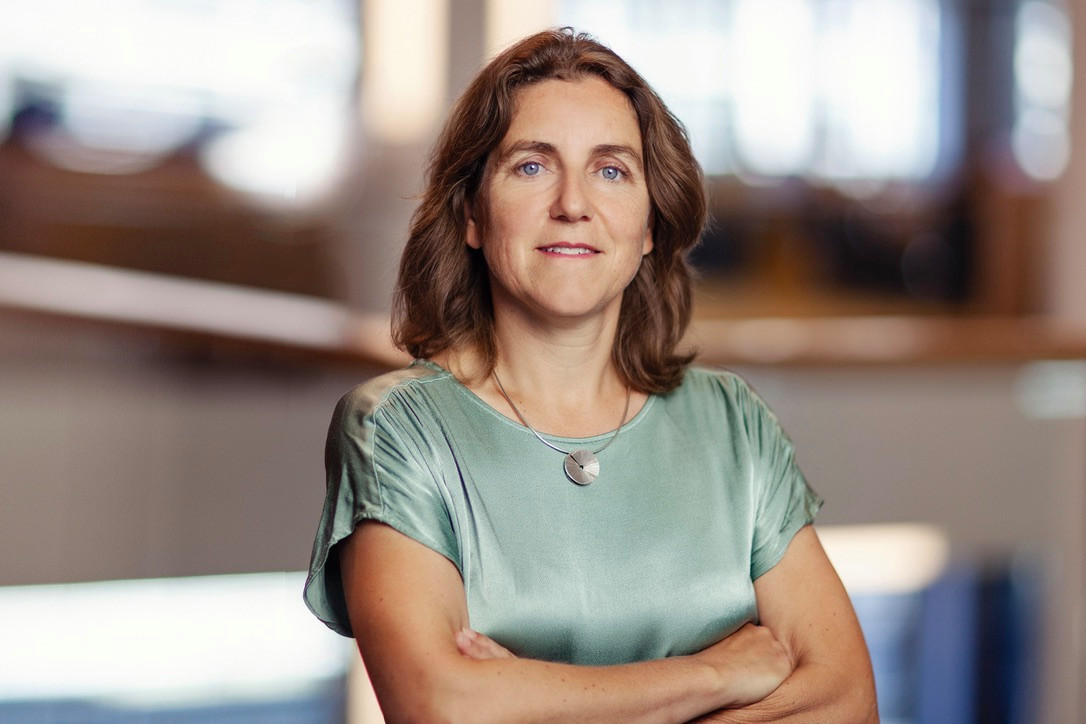Rotterdam-headquartered Robeco, a global asset management firm with a strong focus on sustainable investing, and Paris-based Mirova, an investment management firm dedicated entirely to sustainable investment, have announced their partnership with I Care and Quantis to develop a comprehensive global database for calculating emissions avoided by low-carbon solutions.
This database aims to standardise and clarify the calculation of emissions avoided by a wide range of low-carbon or green solutions. Supported by 10 founding partners, managing over $2trn in assets, the initiative was officially on 25 January 2024.
The need for a global standard in evaluating avoided emissions stems from the urgent shift required from carbon-based activities, stated Robeco. Current data on direct and indirect greenhouse gas emissions is methodologically sound but lacks metrics to compare solutions and their impact on decarbonisation effectively. Creating a global database of emission avoidance factors is therefore essential for several sectors, especially finance, where it will provide transparent and comparable estimates of emissions avoided by financed activities, said Robeco.
I Care by Bearing Point and Quantis will build the database, initially including 80 specific low-carbon solutions, such as biomass energy, recycled plastic and low-carbon concrete. The database will feature around 9,600 avoidance factors, accounting for geographical differences in reference scenarios and solution value chains.
The database is designed to measure, compare and audit emissions avoided by companies and projects, encouraging investment in assets that aid decarbonisation, the firms said. It will contain detailed emission factors including assumptions like the functional unit, carbon footprint, reference scenario, solution lifespan, time value of carbon and the rebound effect. Updated annually, these factors will facilitate more nuanced calculations, stated Robeco.
Carola van Lamoen, head of sustainable investing at Robeco, stressed the role of avoided emissions in transition finance and expressed optimism about making the avoided emissions metric a standard. Guillaume Abel, deputy CEO of Mirova, highlighted the initiative’s role in setting a new global market standard, improving the comparability and transparency of avoided emissions estimates and helping investors identify companies contributing to economic decarbonisation.
The database development began in January 2024, with the first version expected to be available to stakeholders in Q4.
